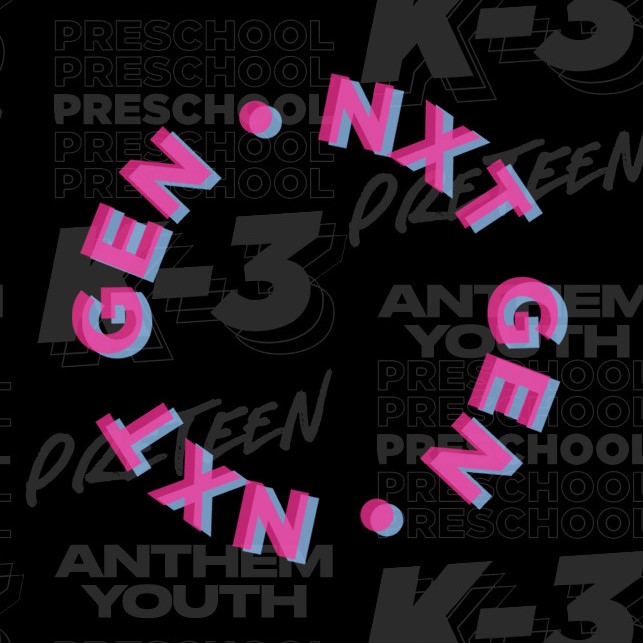Blog | Elementary News | Preschool News | Preteen News

Author: Dr. Chinwé Williams – Original article found at Parent Cue
With more family time than ever before, the likelihood of family conflict is high. And lovingly responding to your child who is mad at you—is hard. Being on the receiving end of your child’s seething anger can be exhausting.
Conflict between parents and kids is inevitable.
I still remember being a tween and my parents saying that grounding me was harder for them than it was for me. I would sarcastically think to myself, “Sure, okay.”
But decades later, as a parent, I feel the exact same way.
I hate it when my boys are mad at me.
As parents, it can be difficult to watch our kids suffer the consequences from their own actions.
But that is how they learn. And no parenting book prepares you for that awful feeling you experience when your kid is disobedient, defiant . . . and angry.
But engaging in healthy conflict doesn’t just happen—it takes skill and practice.
Here are a few suggestions for how to respond to your child during and after a conflict.
It’s difficult to remain calm when your kid is exploding with anger. That’s because anger has the effect of pushing another person away. Additionally, tantrums trigger our body’s stress response system—fight, freeze, or flight. When being disrespected, it’s natural to want to fight back, but it doesn’t help. Author L.R. Knost suggested, “When little people are overwhelmed by big emotions, it’s our job to share our calm, not join their chaos.”
While challenging, it’s important to demonstrate kindness even through disagreements and frustrations. To do so, we must calm our emotional brain by engaging our logical brain. If necessary, step away for a few minutes (or hours) to decompress.
Allow yourself time to move past your initial reaction so that you can move toward a more thoughtful response. Managing your own upset is one of the best ways of teaching our kids to manage theirs.
Anger is a natural response to pain and often covers up really big hurts. Anger can be an immediate response to something that feels threatening in the moment or it can build up over time. With very few exceptions, the angry kids and teens that I counsel report feeling ignored, unimportant, or devalued.
Teaching our kids to manage powerful emotions is a valuable life skill. Anger can stem from a very deep place that is seeking acknowledgment—and expression. Respond by acknowledging their emotion while holding a boundary: “It’s okay to feel angry, but it’s not okay to be disrespectful, slam doors, or pull your sister’s hair.” Or, “I understand that you are upset with me because you want to sleep over at Lisa’s house. My answer is firm, but when you’re feeling calmer, we can discuss my rationale.”
I once heard a parenting expert advise against compromising with upset kids because, “We don’t negotiate with terrorists.” While I understand the general sentiment (sort of), I think it’s more helpful to connect wherever you can. When your kid or teen takes the time to explain their point of view in a thoughtful and respectful manner, welcome it! And thank them afterwards. While you undoubtedly have many valid points, under pressure, your child is likely to reject new (and helpful) information instead of wrestling with it.
When your child is calm, consider leading with, “Before anything else, I want you to know that I love you.” The goal here is not to compromise your views or beliefs, but to model for your kids the willingness to engage in tough conversations. After all, iron sharpens iron.
When kids believe they have been treated unfairly, they have a hard time controlling their hostility. School-aged kids are better able to demonstrate higher levels of self-control compared to toddlers or preschoolers. However, self-management skills are beneficial at any age. In fact, research suggests that a child’s ability to regulate his or her emotions is a more valid measure than IQ in predicting academic success.
Younger kids utilize make-believe play to help them to self-regulate. Through play, children “rehearse problems” with peers, thereby developing and enhancing their social, emotional, and conflict resolution skills.
If you are the parent of an angry teen, you know the struggle of communicating through contempt. Encourage them to self-regulate but, tempting as it is, avoid screaming, “Go to your room and take a few breaths!” The point here is to help your teen to express their aggravation productively. With the teens I counsel, I coach them to be self-disciplined by calmly asking for what they need. Helpful phrases include, “Mom, can we change the subject? I’m getting upset.” Or ‘Dad, I need to leave the room and process my feelings.”
During times of conflict, parenting can feel like an endless game of setting and enforcing limits—which isn’t fun for anyone. It’s tempting to squash our kids’ resistance by exerting control or dominance. Attempting to control our kid’s behavior might feel good in the moment, but often exacerbates tensions. Instead, focus on relationship building. According to communications expert, Melodie Stanford Martin, two primary goals in any conflict are: (1) Protect the relationship and, (2) increase the probability for understanding on both sides. Statements such as, “You’re making a good point,” and, “I never thought of it in that way . . .” are powerful ways of joining with your child and boosting connection.
I get it. This approach is a hard left turn from the way many of us were parented. But that turn becomes smoother when we shift our mindset away from controlling and towards connecting. Bottom line, your child needs to believe that despite the conflict, the relationship remains safe and intact.

The NextGen Ministry at MISSION Community Church is committed to partnering with parents and helping kids find and follow Jesus. From babies through high school, we strive to be a church “For Everyone”, creating environments where children and youth can belong even before they believe.